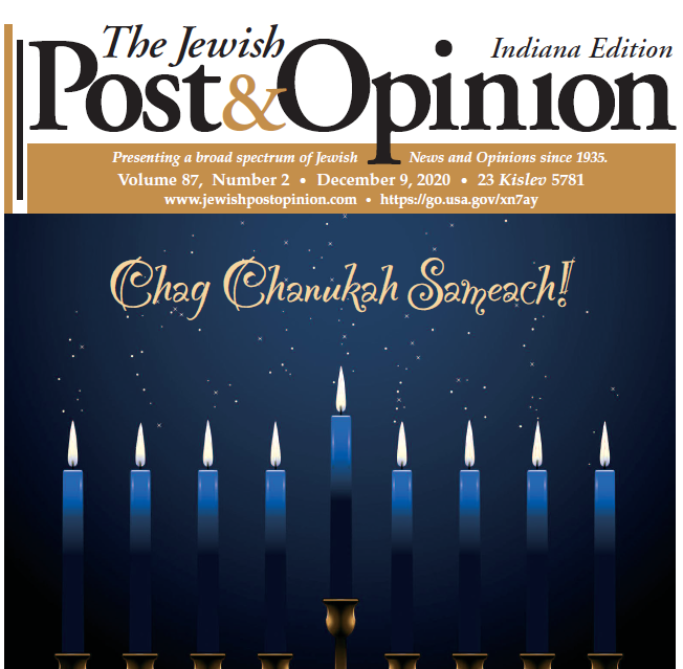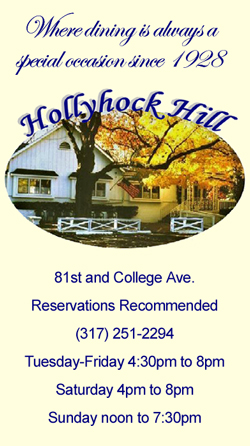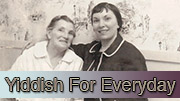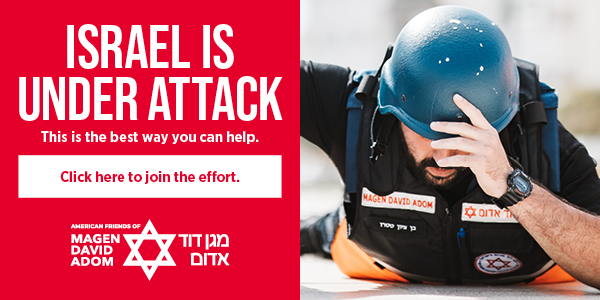 I listened to the phone message from Cindy and knew that something was wrong. I could hear it in her voice, even through the static on my answering machine. I called her back immediately and my worst fears were confirmed: Cindy had breast cancer
I listened to the phone message from Cindy and knew that something was wrong. I could hear it in her voice, even through the static on my answering machine. I called her back immediately and my worst fears were confirmed: Cindy had breast cancer
We didn’t speak often because Cindy needed to conserve her energy for the never-ending doctor’s appointments, surgeries and chemo sessions that took over her life. I marveled that she was determined to continue working through it all, even though it took every bit of strength she had. But over the months of treatment, something special happened to Cindy that changed her life, almost as much as having cancer did.
As is frequently the case with cancer patients, Cindy’s life totally revolved around her cancer. Every decision, appointment, and choice, even the food she ate, related to her illness. How would she tolerate the next chemo session? Would she be too tired to attend her daughter’s school play? Should she shave her head or wait for her hair to fall out? Would she ever feel normal again? So many questions with so few satisfactory answers turned her life into an emotional roller coaster. And even when she was told by her doctor that she would start to feel better again in eight months, the thought did little to cheer her.
During this time, Cindy tried to go to synagogue every Saturday because it was something she had done P.C. (Pre-Cancer) that now gave her a sense of normalcy, which she so desperately needed. And it was there, sitting amongst friends at Shabbat morning services, that she discovered the true meaning and power of the Rosh Hodesh prayer for the new moon.
Rosh Hodesh, which in Hebrew means “head of the month,”became a holiday of great significance in ancient times, before the Jewish lunar calendar was established. The new moon’s sighting by at least two witnesses and the declaration by the beit din, the rabbinic court in Jerusalem, signified the date upon which all other holidays were fixed. The sighting was communicated to Jewish settlements throughout Israel and the Diaspora by setting fires on the hilltops of Jerusalem, starting a chain reaction from one community to the next.Sacrifices were offered, incense was burned, special prayers were chanted, festive meals were eaten, and the shofar was blown.
Subscribe to read more.






